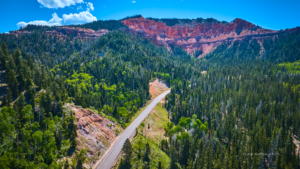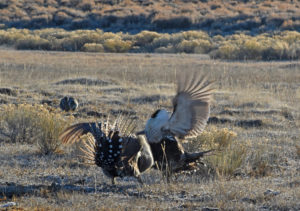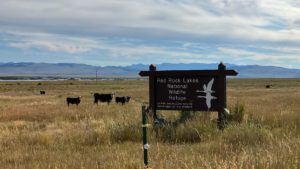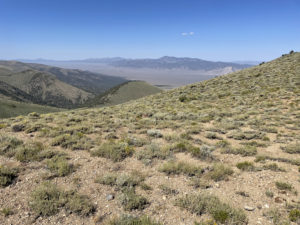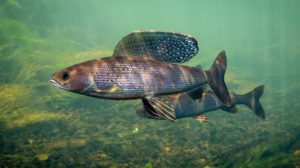Online Messenger #243
(view with pictures, as displayed in email)
As our members and supporters know, Western Watersheds Project seeks to reform all aspects of the public lands livestock grazing program. What you might not know is that WWP has been trying to do this from the belly of the beast itself – in Washington, D.C.
For more than a decade, I have regularly travelled to Washington, D.C. to advocate for Yellowstone bison and for changes to public lands grazing policy. Starting last summer, I joined Western Watersheds Project as a part-time policy consultant and advocate. Since then I’ve been to Capitol Hill numerous times for meetings with congressional staff and administration officials to discuss livestock grazing issues including the grazing fee and buyout legislation. I’ve been building relationships with key members of Congress and tracking both the good and bad legislation related to livestock grazing on public land. Just last week I had six meetings with congressional, committee and administration staffers including a presentation to the Associate Director for NEPA oversight at the Center For Environmental Quality.
Recently, some of the worst legislation we’ve seen in years has reared its ugly head again. The “Grazing Improvement Act” [sic] was reintroduced in both the Senate (S. 258) and the House (H.R.657). These bills seek to extend grazing permits to 20 years instead of the current 10, severely limit the requirements for full environmental analysis and public participation, and leave the timing of environmental analyses to the sole discretion of the Secretaries of Interior and Agriculture. In other words, the Grazing Improvement Act would be a disaster on the ground and seriously effect our ability to advocate for the protection of plants and animals on 260 million acres of public lands.
Read WWP’s critique of previous iterations of these bills.
The news from D.C. isn’t all negative, however. In many of my meetings, legislative staffers are very interested in knowing more about grazing permit retirement as a conflict-reduction mechanism or in reforming the grazing fee to create cost-recovery for a program that currently loses $1.2 billion every decade. The grazing fee, especially, is raising quite a few eyebrows in the current climate of deficit reduction and spending cuts.
One of the most difficult aspects of working this issue in Washington, D.C. is the general lack of knowledge about the extent of grazing program and the significant impacts of livestock grazing that effect nearly every aspect of our western public lands. The people I meet with often express their appreciation for bringing these issues to their attention and ask that I keep in touch about any developments on the issue.
It is important to remind our elected officials that they are there to serve the public interest and that includes protecting our public lands.
If you have any questions about WWP’s policy work or want to get involved in lobbying your elected officials please feel free to contact me at josh@westernwatersheds.org.
– Josh Osher, WWP Public Policy Consultant


